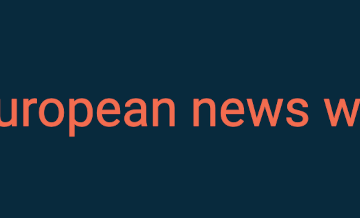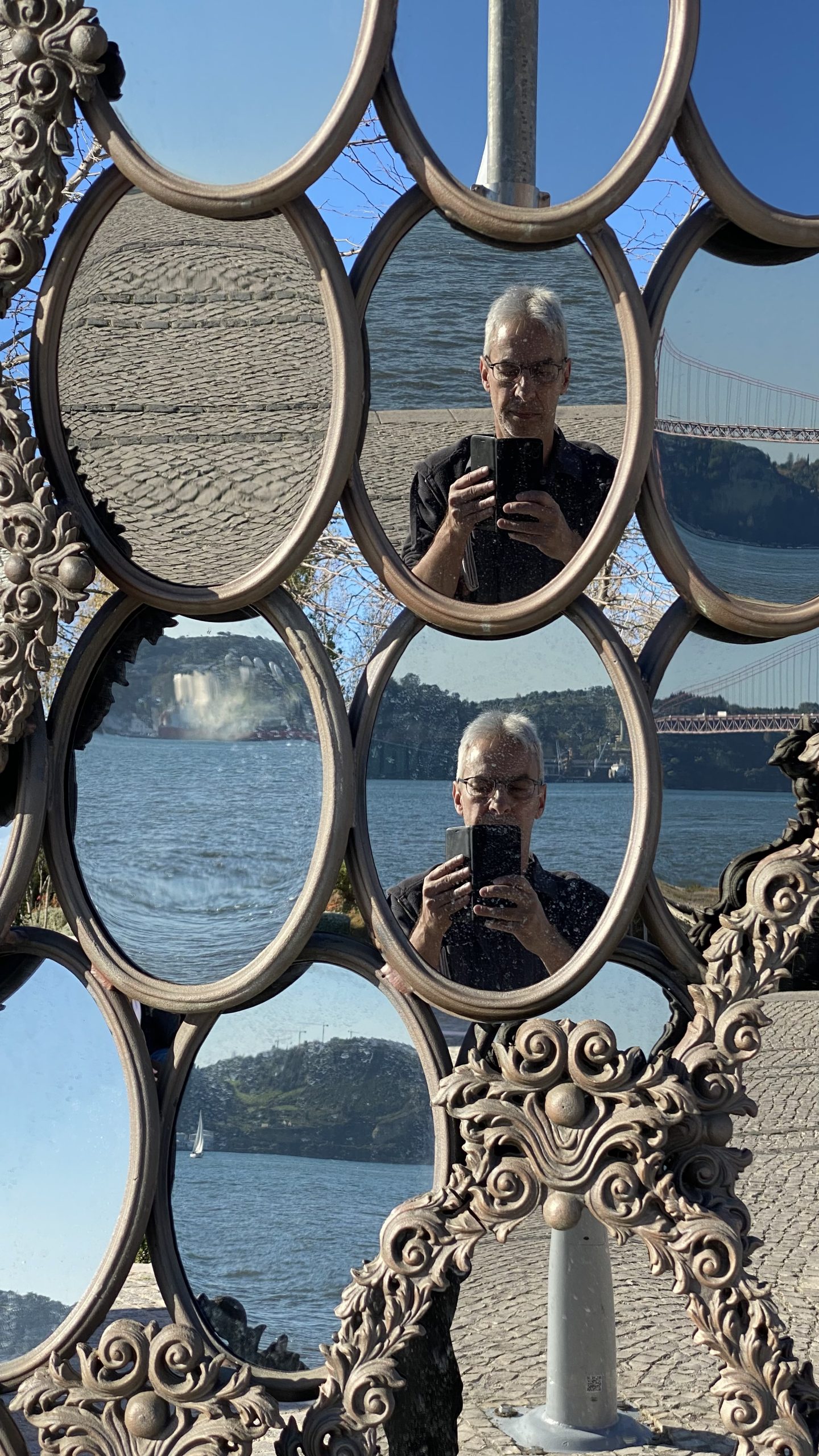Emergence of governance in open communities
How the Fediverse is growing to meet its challenges [German language version of this text will be published in FIfF-Kommunikation, […]
Read morethe vonderful vorld of virtual v


How the Fediverse is growing to meet its challenges [German language version of this text will be published in FIfF-Kommunikation, […]
Read more
Armin Medosch, The Rise of the Network Commons: A History of Community Infrastructure, Volker Grassmuck and Adam Burns (eds.), TOD […]
Read more
Am Samstag, 14.09.2024, haben wir vom vom Berliner Fediverse-Stammtisch den ersten #BerlinFediday auf der c-base organisiert. Nach einer Rundreise durch […]
Read more
Fotos von der Neckarflut in Heidelberg, aufgenommen vom 2. bis 4. Juni 2024. Am besten in Full-Screen. Und “i” klicken […]
Read more
DisplayEurope.eu in neuer Erscheinung [zuerst veröffentlicht in gekürzter Form auf Netzpolitik.org, 07.07.2024] Inhalt Warum braucht es DisplayEurope.eu? Vom Cultural […]
Read more
Paragliding from Tijuca, Rio de Janeiro 23 June 2005 Pilot: Renato Janssens Passenger & Camera: Volker Grassmuck Music: * DJ […]
Read more
Privatkopie.net war eine Kampagne für den Erhalt der Nutzungsfreiheiten im Urheberrecht im Zuge der Umsetzung der EU InfoSoc Richtlinie (2001) […]
Read more
Die Zeit ist reif. Es ist wieder Kirschblüte, das Zeichen für Vergänglichkeit. Anlässlich des deutschen Atomausstiegs vor einem Jahr hat […]
Read more
A day trip from Ankara to Cappadocia, Türkiye, 23. September 2023. Cappadocia I En route from Ankara south-east to Cappadocia, […]
Read more
Welcome to vgrass.de. Again. This is not really the first post. But it is the first post on this fresh […]
Read more